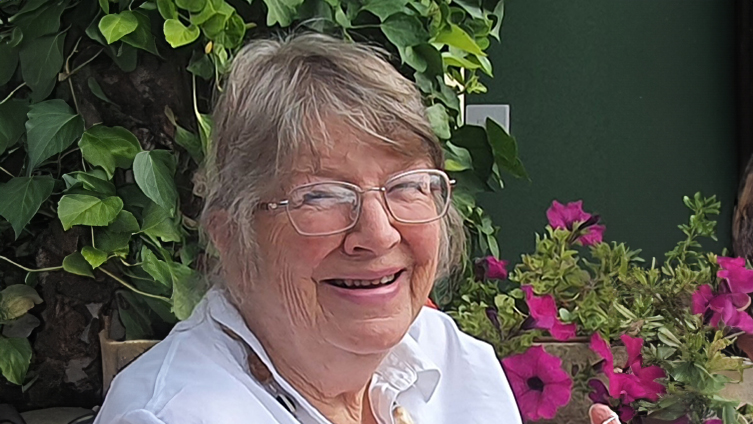
Isabella Fyvie Mayo was a prolific Victorian author of novels and stories who published fiction under the pen-name Edward Garrett.
The “Friend” published many of her stories.
But as it’s Halloween, we thought we’d share this real-life ghost story. Told to her by Ricciotti Garibaldi, son of the Italian general, she recounts the tale in the “Friend” of June 7, 1897.
Ricciotti Garibaldi’s Ghost Story
By Mrs Fyvie Mayo
Consequent on his English rearing, Ricciotti Garibaldi in his young manhood was well known in London society. When little over twenty (he is now over fifty), no trace of his early infirmities remained beyond an imperceptible limp.
He was of vigorous mould, with features more strongly – one might almost say roughly – cast than his father’s, and in lieu of the great General’s benevolent grey eyes and silvered chestnut locks, with the soft healthy complexion accompanying these, the younger man was swarthy with the flashing dark eyes and straight black hair which he had undoubtedly inherited from his mother.
He had a bold humorous gaze and a manner full of animation and force. On one occasion, I remember his interesting a party by the recital of a “real Caprera ghost story.” “I don’t offer to explain it,” said he. “I’ll tell it just as it was told among ourselves at the time.”
I will re-tell the tale as my memory renders it after the lapse of many years:-
The General and his followers were starting on one of the later of their secret missions – one of the greater magnitude and importance – it may even have been for the final ill-fated attempt at Aspromonte, which ended in the old hero suffering wound and imprisonment from the soldiers of the very country whose national army he had made possible.
Anyhow, there had been stealthy gatherings on the island for days previously, and among the arrivals had come a brother and sister, young people alone in the world, and old friends of the Garibaldi family, so that it was arranged that the girl should remain on Caprera with the General’s daughter, while the youth accompanied the Garibaldi men.
In due course, the expedition started. Those left behind were only the General’s daughter, her visitor, and one faithful old man-servant. The first day of comparative loneliness passed as such days have to pass. At twilight the visitor went to her bedchamber, which she shared with her young hostess, whom she left below preparing to follow her.
The bedrooms, said Ricciotti, opened off a corridor, and that which the visitor’s brother had occupied on the night before was below his sister’s, so that she did not have to pass it before reaching her own. A second after she had ascended the stairs the General’s daughter and the servant were startled by a sharp cry, half of delight, half of alarm. Both hastened upstairs.
The visitor stood in the corridor declaring that when she had reached it her brother was standing at the door of his room, and then he “seemed to go in,” but he was not there now – at least she could not see him, the light being only that of her taper contending with the pale moonlight.
The first thought was of some misadventure to the expedition, involving the hasty and secret return of at least some of the party. But nobody was to be found. No call was answered. All was silence and solitude.
The next dread was of some lurking spy, whose figure the girl’s excited emotions might have transformed into that of her absent bother, and who might indeed be in a measure personating him. But, though search was made in all sorts of possible and impossible places, nobody was to be found.
To the girl herself the incident straightway seemed the announcement of a great woe.
“My brother is killed,” she cried, “and he came himself to tell me!”
The old servant put aside this by the practical suggestion that no killing could yet have begun.
“They are still safe out at sea,” he said. “They will not land till to-morrow at earliest. What danger is there?- and look, the waves are like glass.”
“And that was true,” added Ricciotti Garibaldi, “but all the same the earliest news from the expedition was that our friend’s brother had met with an accident on the first evening out – had fallen overboard and was drowned.”
As narratives of the appearance of the wraith of the dead almost at the moment of departure are the commonest of all, the hints of mysterious laws of whose modes of working we are as yet profoundly ignorant, this story derives its interest only because it is associated with great names and stirring events and because it was told by one who had heard its “evidence” at first hand.
If that’s put you in a suitably spooky mood, you can find one of Isabella’s own ghost stories here.
You can also click here to find out what Marion discovered going bump in the night last year . . .




